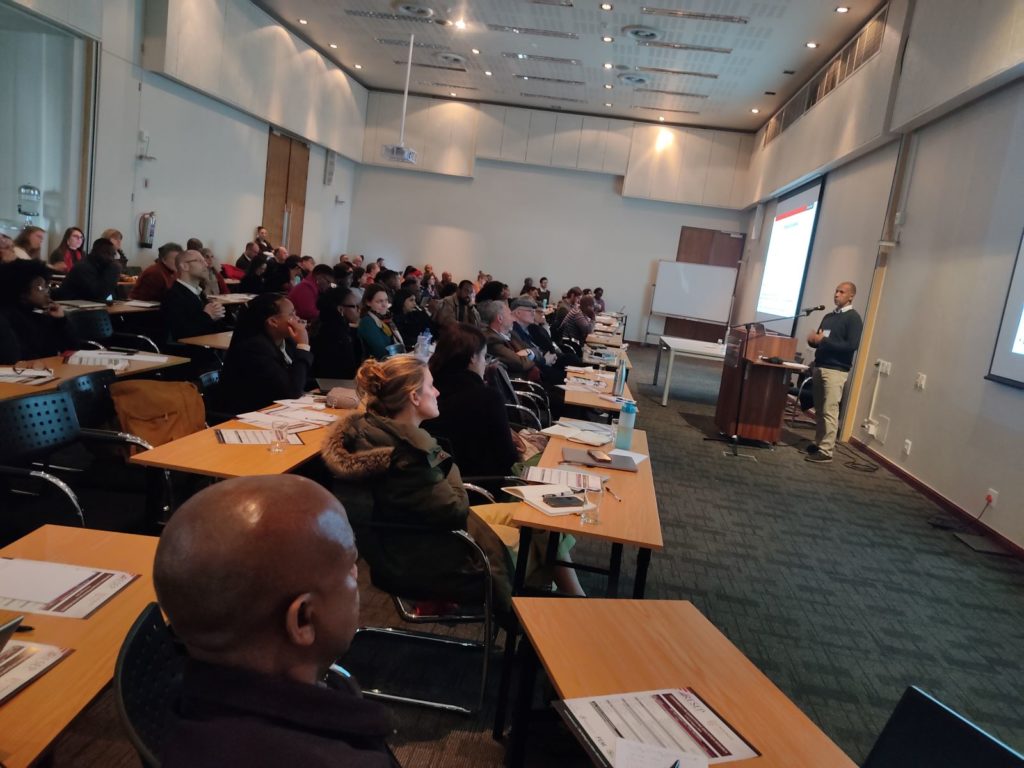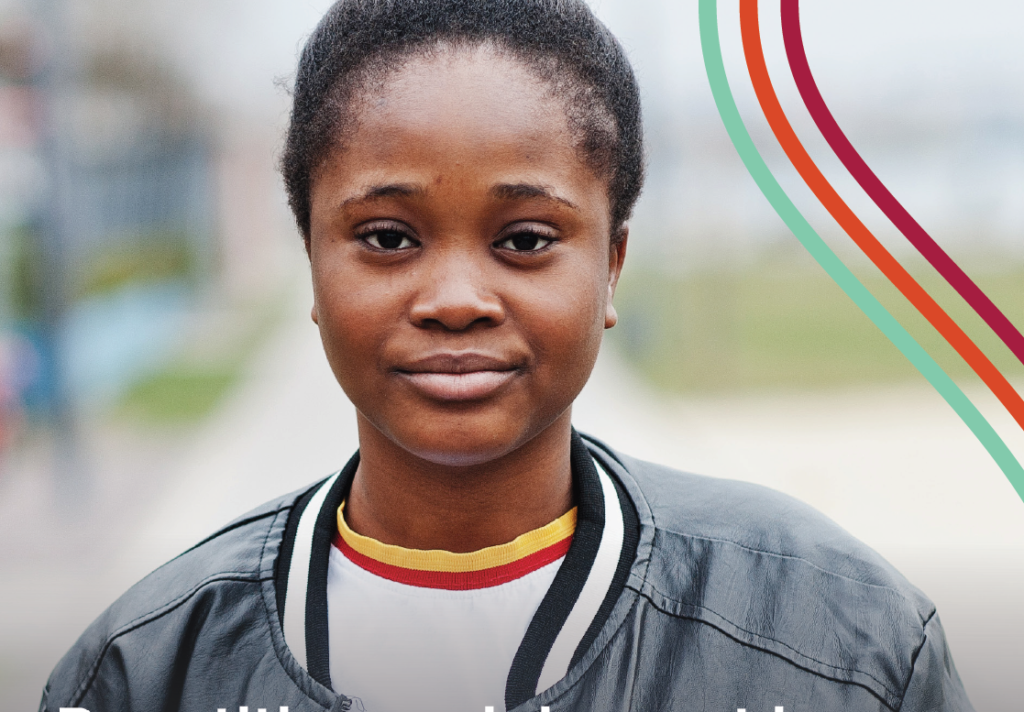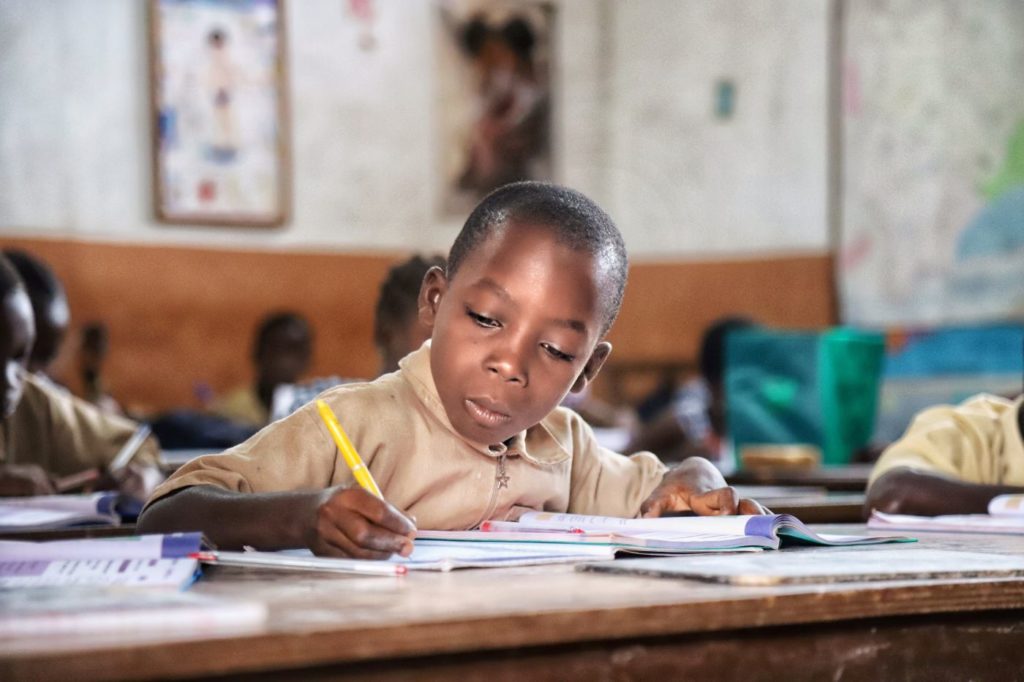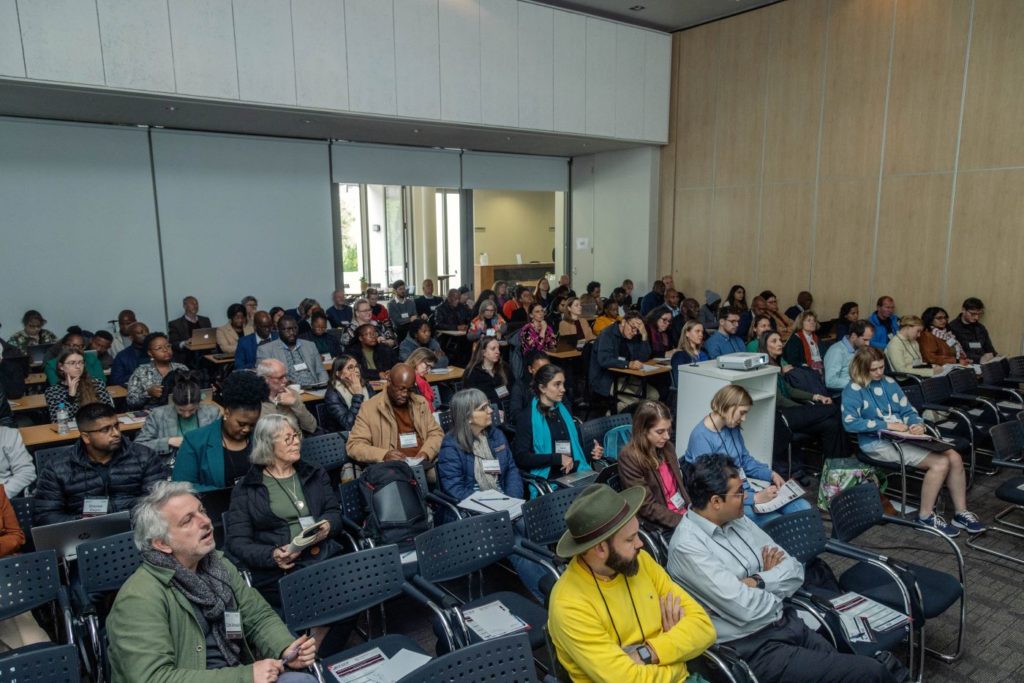In 2021, teachers instructing the average Grade 4 student in South Africa faced reading abilities spanning almost four grade levels in one classroom (Böhmer & Wills, 2023). In this context, curriculum or instruction differentiation is a necessary classroom strategy. The South African curriculum and inclusive education policies recognise learner diversity and envisage class teachers as responsible for curriculum differentiation supported by district and circuit experts.
Youth born just after the turn of democracy in 1994 have the highest years of completed education of any cohort in South African history. This is a trend worth celebrating. Yet South Africa’s educational progress is occurring alongside various constraints: slow economic growth; high and rising unemployment especially among youth; public finance constraints in expanding post-school education and training (PSET) opportunities; and growing concerns about mismatches between youth’s skills and the skills demanded in a changing world of work.

From 21-22 August 2024, Resep hosted its 8th annual Quantitative Education Research (QER) conference at STIAS, Stellenbosch. Among the more than 100 attendees were academics, students, government officials, NGOs representatives and other stakeholders. Speakers, chairs and participants collectively provided an overview of key trends in South African education and profiled new research. In this synopsis of the 2-day programme, some key insights across all presentations are considered under eight emerging conference themes.
In this Covid-Generation working paper, Bianca Böhmer and Gabrielle Wills contribute new evidence on pandemic effects on reading scores and inequalities in reading in South Africa through an in-depth analysis of data from the 2016 and 2021 Progress in International Reading Literacy Study (PIRLS) – a Grade 4 reading comprehension assessment.







